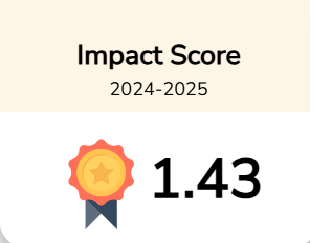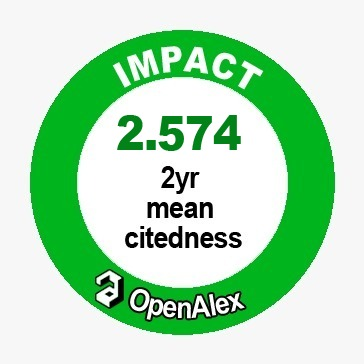Impact of different levels of academic achievement on epistemological beliefs
Downloads
Purpose: This research investigated variations in epistemological belief (EB) based on levels of academic achievement (excellent, very good and good).
Design/Methodology/Approach: The study sample comprised 319 university students from the University of Jordan and Al-Ahliyya Amman University across various majors with different levels of academic achievement based on their grade point average (GPA). Epistemological beliefs (EB) were evaluated using the epistemological belief scale.
Findings: The findings from the one-way analysis of variance indicated statistically significant differences in epistemological belief across academic levels favoring the excellent level over the very good and good levels in each dimension such as speed of learning, the structure of knowledge and ability to learn. However, no statistically significant variances were observed between students at the very good and good levels across any of the dimensions of epistemological belief.
Conclusion: The study concludes that students excelling academically tend to exhibit more advanced EB compared to their very good and good counterparts.
Practical Implications: These findings suggest that teachers may need to adapt their instructional strategies to the diverse epistemological beliefs of students with different academic achievement levels. This could involve providing more challenging learning experiences for excellent students while offering additional support and scaffolding for other students.
Contribution to the Literature: This study contributes to the existing body of research on epistemological beliefs by providing new insights into the relationship between EB and academic achievement levels. These findings have implications for understanding how students' beliefs about knowledge and learning influence their academic performance.





